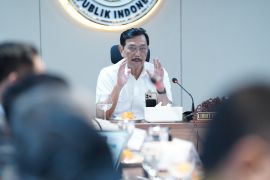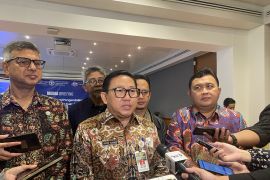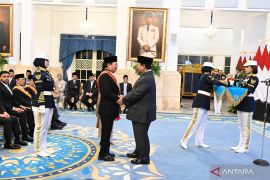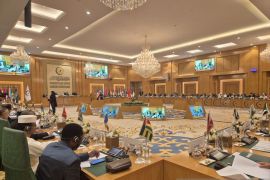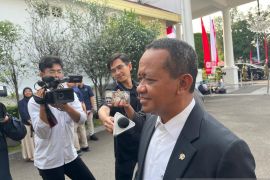WASHINGTON, Feb. 29, 2012 (ANTARA/PRNewswire-AsiaNet) --
- Scandal raises questions of WWF credibility, tarnishes reputation
The following is being released by Consumers Alliance for Global Prosperity (CAGP):
The World Wildlife Fund (WWF), one of the world's largest environmental organizations, is fighting to save its reputation after the Norwegian government decided to suspend aid to the group [http://dailynews.co.tz/index.php/local-news/2155-norway-suspends-funding-to-wwf ] amidst revelations that funds designated for initiatives in Tanzania had been embezzled. With WWF's integrity under the microscope, the Indonesian government should undertake a thorough audit of all foreign taxpayer-funded projects managed by WWF and explore similar examples of financial mismanagement.
"For the last few years, WWF has used its political power in Norway and across the world to convince governments that they can be a reliable partner in carrying out aid initiatives to help some of the world's poorest people. This scandal in Tanzania, however, suggests otherwise. WWF is already seeking to extend the duration of the moratorium implemented as part of the Norway-Indonesia conservation agreement. And just this month, WWF launched a new campaign to coerce leading American businesses to cancel their relationships with Indonesian forestry interests, which would jeopardize the livelihoods of thousands of Indonesians, restrict Indonesian exports into the US and raise costs for American consumers. The next time WWF lectures Indonesians about what's good for their country, people should just look at the mess WWF has left in Tanzania and ask themselves whether this is really a group worth taking advice from," stated Andrew Langer director of the Consumers Alliance.
"The Indonesian government should make it clear that scandal ridden organizations like WWF have no role to play in influencing the internal economic and environmental affairs of developing countries. The Norwegian government has clearly acted appropriately in suspending these funds to WWF. With so much at stake, Indonesians must also be hoping that the Norwegian government will prevent WWF's undue influence from undermining the close ties that these two countries enjoy. One initiative where WWF should not interfere is Indonesia's forest conservation agreement signed with Norway two years ago.
"Until WWF cleans up its act and every single source of its government funding is rigorously audited and examined, governments and global institutions must take steps ensure that taxpayers' money doesn't slip through WWF's lax standards and into the wrong hands. A funding moratorium must be implemented as soon as possible. WWF has repeatedly used its clean-cut image to extract money from governments and business in order to attack global trade initiatives and real policies to alleviate poverty. It's now clear for all to see: WWF's involvement is doing more harm than good. Western taxpayers deserve better. But most importantly, so do the needy people in the developing world."
As news of the scandal in Tanzania continues to spread, more governments around the world are expected to review their aid agreements with WWF until the organization can prove it has implemented the measures necessary to prevent such outcomes from occurring in the future. This is a welcomed development.
The Consumers Alliance for Global Prosperity (CAGP) [http://www.consumerprosperity.org/ ] is an action-oriented advocacy group that promotes free trade, economic growth and pro-consumer policies across the world. We are passionate in the defense of individual rights and the interests of consumers. CAGP is a project of the Institute for Liberty, a non-profit advocacy organization dedicated to preserving individual rights, protecting entrepreneurship worldwide, and promoting prosperity both in America and abroad.
SOURCE: Consumers Alliance for Global Prosperity (CAGP)
CONTACT: Andrew Langer, spokesman, media@consumerprosperity.com
Editor: PR Wire
Copyright © ANTARA 2012
